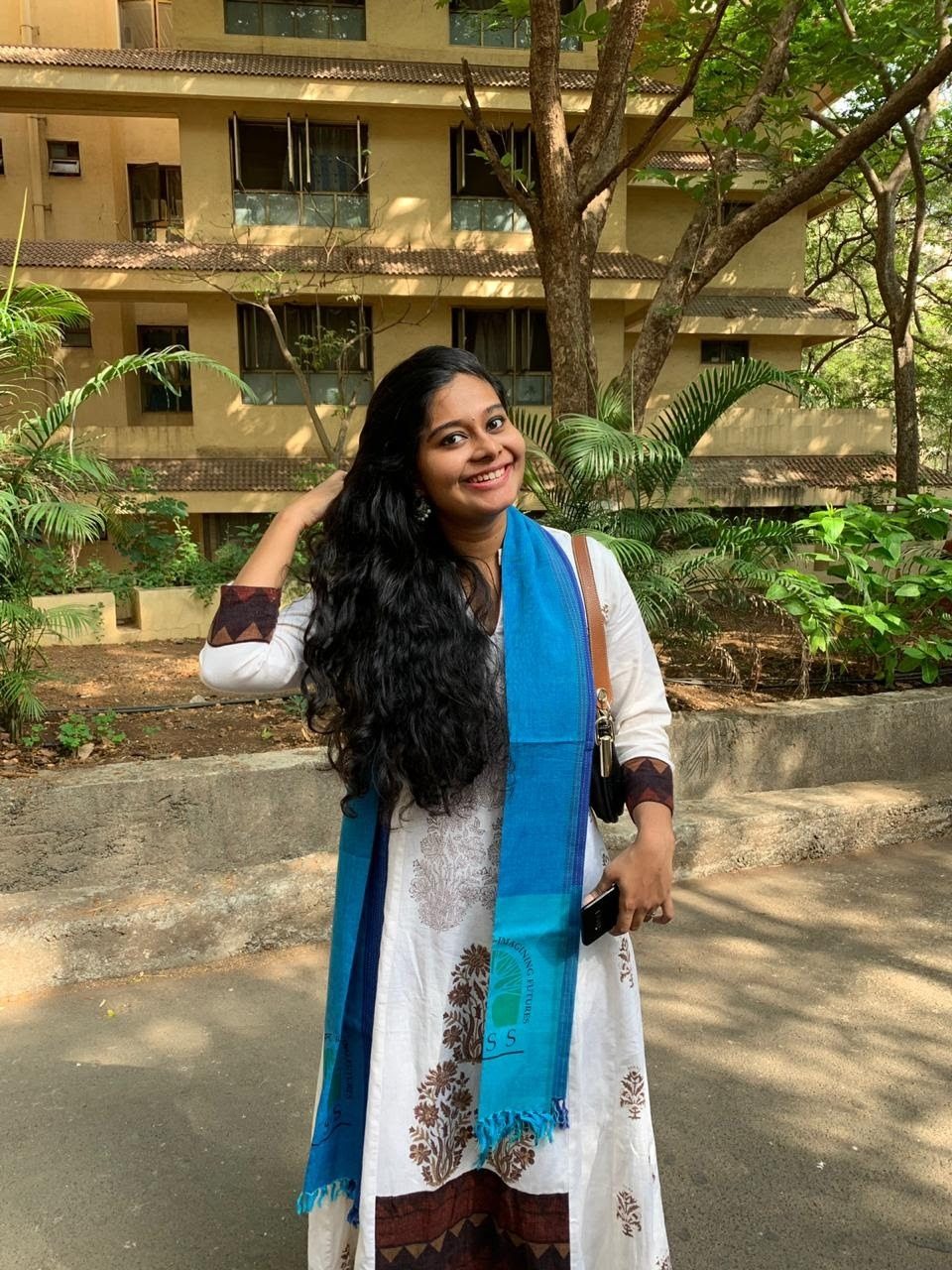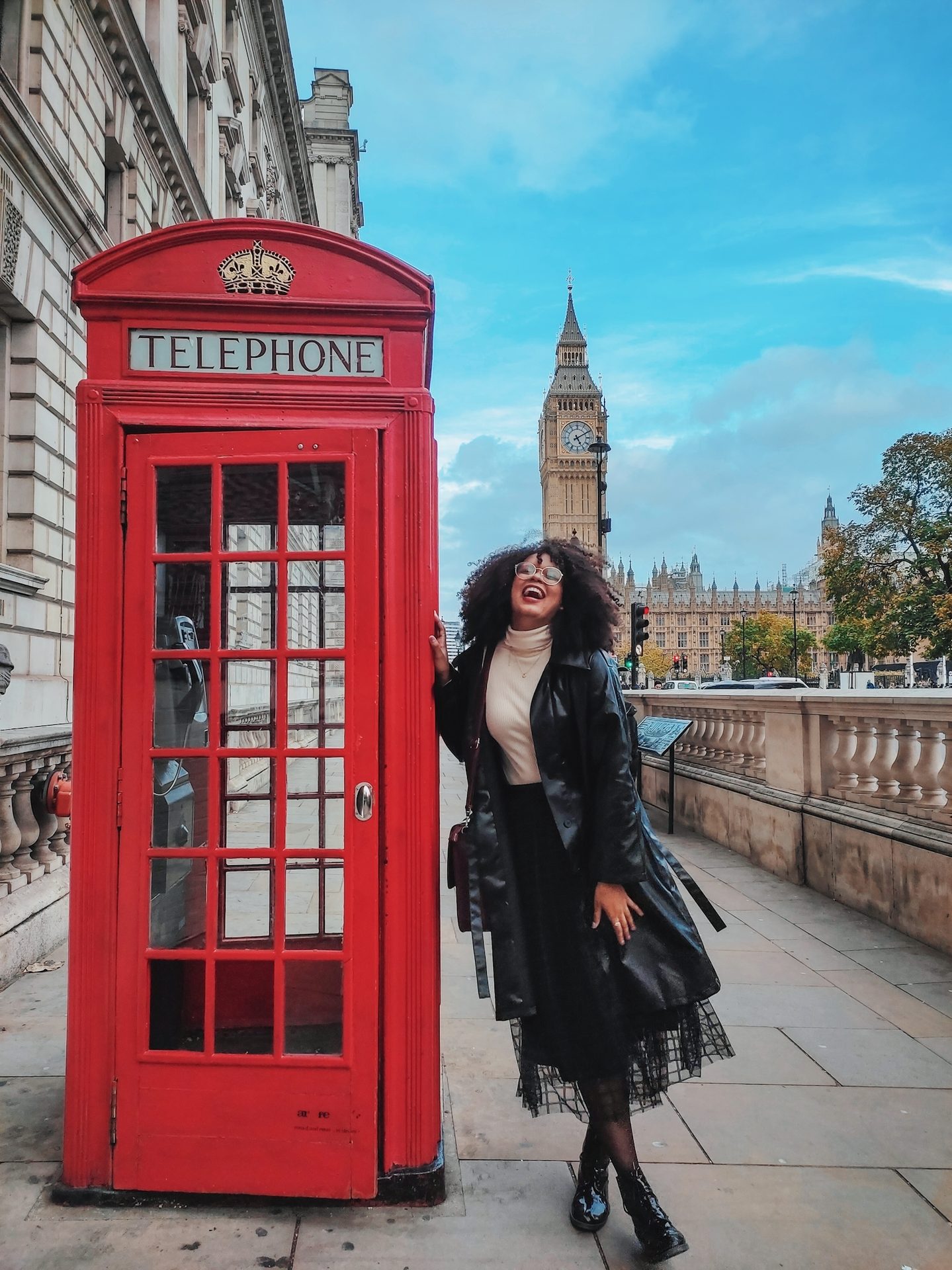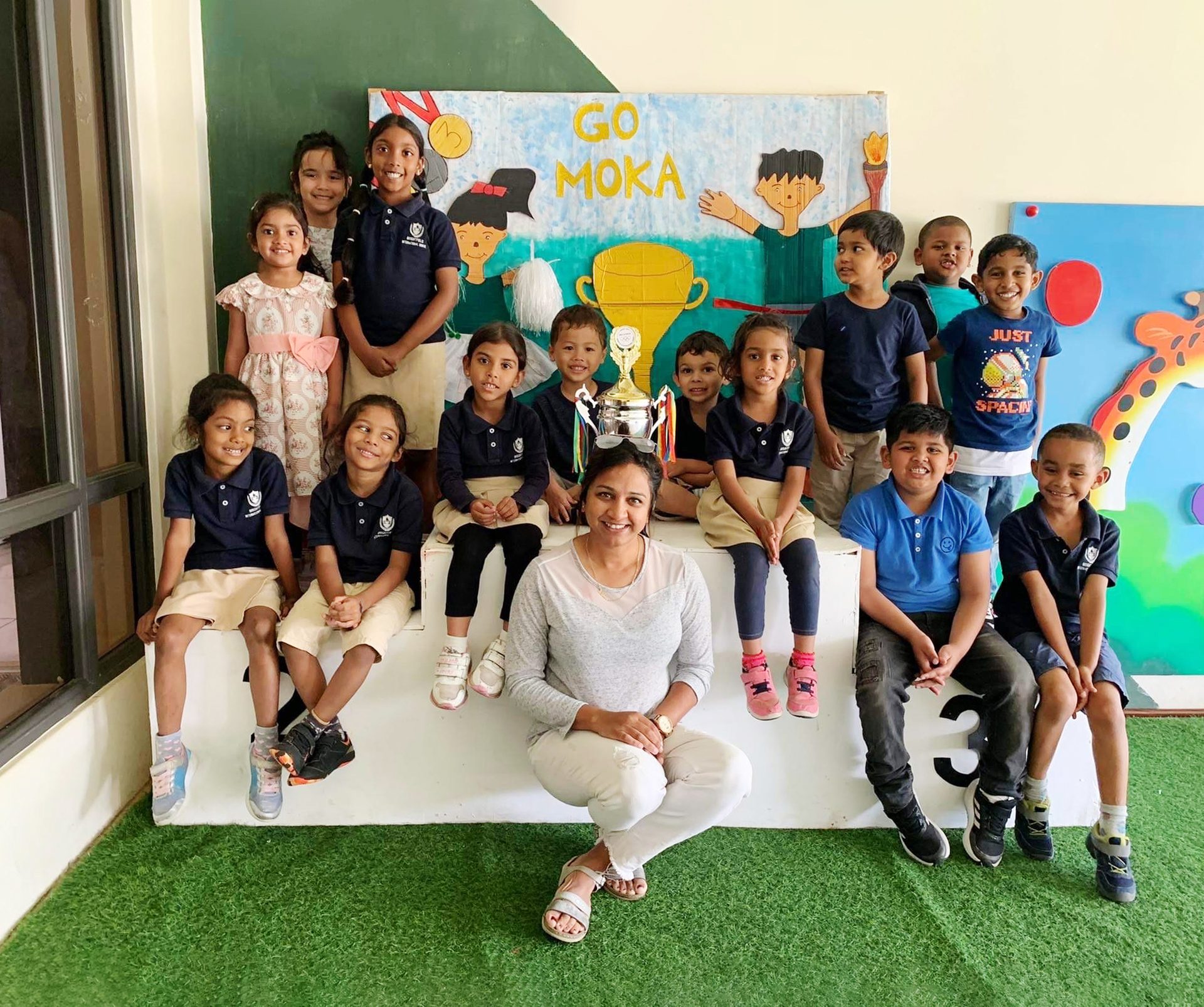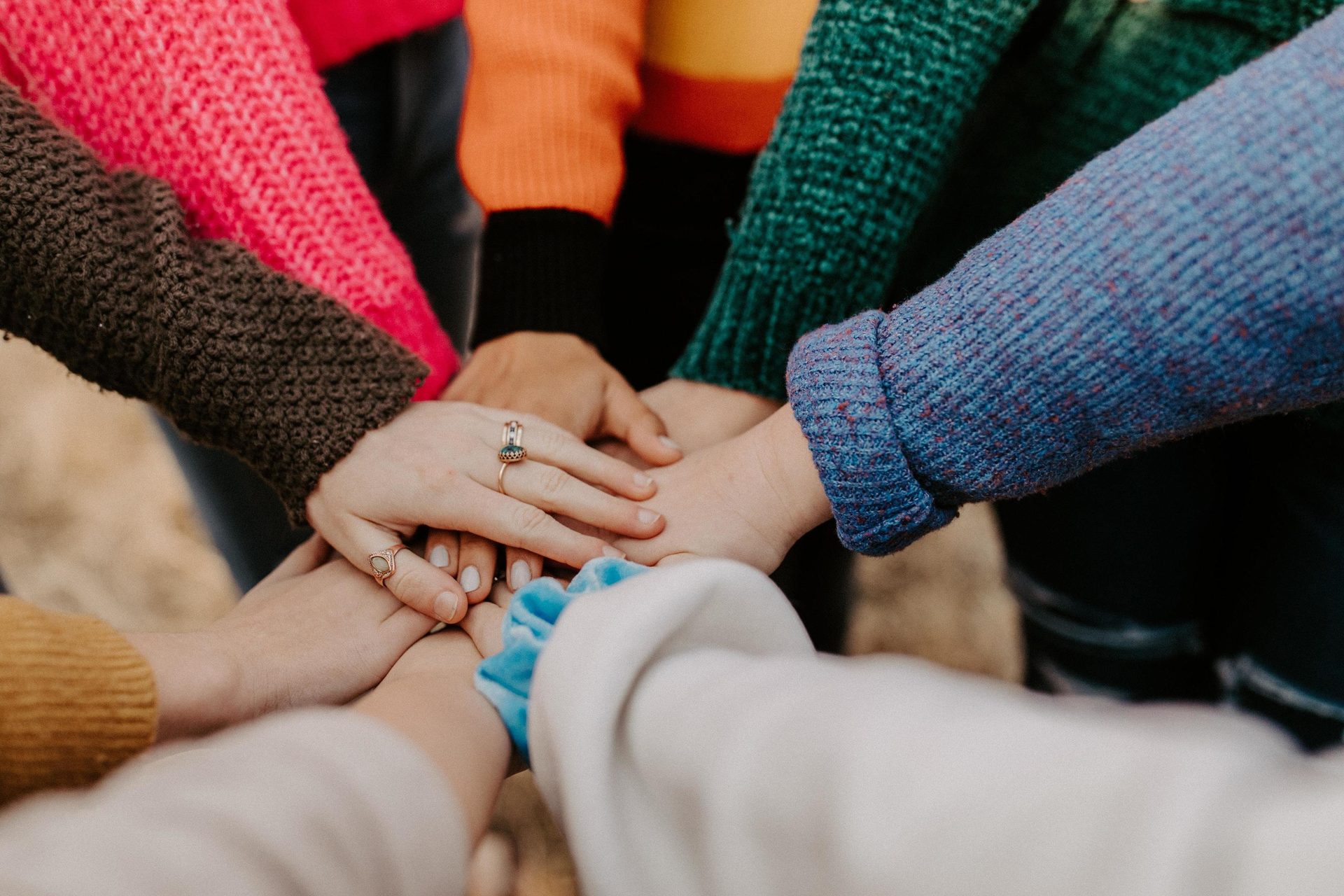Still, how they get to uni, stay there and make something of their degree are still riddled with hurdles that have everything to do with their gender. Families disapprove of daughters pursuing what are perceived as “more masculine” subjects. UNESCO calls this the “humanities bias.” Others are told to do well at school, abroad and at work — but could they please take care of their children and parents at the same time?
For female international students, these are setbacks that affect their ability to learn in an uninterrupted, seamless way. This International Women’s Day, we look into the barriers surrounding women’s access to international higher education — and what it takes to bring them down.

Pakistani activist Malala Yousafzai received her Nobel Peace Prize in 2014. The 25-year-old rose to prominence when she was shot in the head by a member of the Taliban. Her only crime? Using her voice to speak out for a girl’s right to education.
In 2023, it’s still hard for girls to attend school and women to join universities. In some parts of the world, some even risk their lives in this pursuit. Last December, the Taliban banned women from attending universities in Afghanistan. Not every girl gets to escape and go to Oxford like Yousafzai — if an education at home is out of reach, an international education is farther still.
Less than one in four countries in the world have an equal number of men and women in upper-secondary education, according to UNICEF data. Higher education paints a brighter picture. UNESCO and Times Higher Education found that female students far outnumber males in international universities.
Malala Yousafzai
“Education is one of the blessings of life and one of its necessities”
Daughter, wife, mother... international student?
The trailblazers: A historical timeline of women studying abroad
Women in Afghanistan are not allowed to travel outside the country without a male chaperone, depriving almost all the chance to study abroad.
2022
Women make up a majority of higher education students in 114 countries, according to a 2017 report by the Institute of International Education.
2017
The Supreme Court of the US struck down Virginia Military Institute's long-standing male-only admission policy.
1996
Title IX was passed in the US. With this, it is illegal to discriminate against any person based on their sex in any federally funded educational programme(s).
1972
Sadie Tanner Mossell Alexander became the first African American woman to obtain a PhD in the US. She earned a PhD in Economics from the University of Pennsylvania.
1921
Sutematsu Oyama becomes the first Japanese woman to study abroad and receive a college degree.
1871
Women are allowed to attend university in the UK.
1868
Lucy Stanton earned her literary degree from Oberlin College. She is the first Black woman in the US to receive a college degree.
1850
Gozzadini taught law at the University of Bologna, making her the first woman to teach at a university.
1239
Bettisia Gozzadini became the first woman to graduate from university. She obtained her law degree from the University of Bologna.
1237



My own family was very happy for me, but my parents-in-law were definitely worried about me going abroad on my own. Thankfully, my spouse's unwavering support put their minds at ease as well. If my husband had slightly hesitated about this, my journey would not have been as good as the one I had. Once in the US, I was very fortunate to be surrounded by supportive and welcoming people in the US.
Neeraja Sajan from India
PhD in Social Sciences
Tata Institute of Social Sciences, India and University of New Mexico, US (visiting scholar)

Born and raised in a country in conflict, our dreams have always been to live in a land where there are peace and security. I believe that operational, well-functioning international law and its broad toolset are the only way to prevent or solve devastating conflicts. This is the discipline I want to dive into, excel in, and to contribute to the conflict solution through international law. London is a megapolis, a huge city with crowded streets and hectic life. Everyone warned me to be very attentive and vigilant, and until now, I am a bit tense and always super alert while walking, and waiting at the stations, especially in the evenings.
Mijerita Khachatryan from Armenia
LLM in International Law (Chevening scholar)
University of Westminster, UK

I had always wanted to study in the UK. I was fascinated by the English language and how Austen, Shakespeare and the likes all originated in England. When I told my parents I wanted to go, they warned me about the dangers and risks of being alone in a foreign country, especially as a Black woman. My father was especially cautious about the safety of his eldest daughter. I promised them I would be aware of my surroundings, I would be in constant touch with them and be very careful. I think they knew that I had already made up my mind and so I went.
Ana Rebecca from Brazil
MA Applied Linguistics and TESOL (Chevening scholar)
Newcastle University, UK

Born and raised on a Caribbean island in an Afro-descendant community, I was aware that poverty, violations of human rights, and war, were and remain major issues in some Colombian regions. To make a difference in my community, I chose the University of Sussex to study an MA in Conflict, Security and Development. My biggest challenge as an Afro-Latina is to provide opportunities and spaces that have been denied to women of different origins for many years. My future plans include creating a foundation that promotes access to education and empowerment of Afro-descendant girls and women in my country.
Paula Andrea Pena Lobo from Colombia
MA in Conflict, Security and Development
University of Sussex, UK

I come from a rather conservative background where girls don’t leave their families to study abroad. My dad didn’t believe in me. My family was fearful and anxious about how I would fare on my own. After all, I was only 20 when I left Mauritius to go to Australia. I had to wait eight months for a visa which is unusually long. When I finally got it, my dad sold his car and mum took loans from her family. I’m glad I went overseas to study. I had a very good experience and wouldn’t exchange it for anything.
Deeya Bhoyrub from Mauritius
Diploma of Early Childhood Education and Care
Kingston International College, Australia

The voices of female international students
“Strikingly, all 19 students experienced some form of microaggression, either from US peers or from the host culture,” the study wrote. This was most pronounced in Spain and Italy, in reaction to the their intersectional identity as Black females abroad.
Overall, however, they described their international experience as “immensely positive.” Students were “resilient and rose above these experiences” and by overcoming these challenges, returned home with “new insights about one’s self and one’s own culture, in addition to one’s hosts.”

Research on international students and the gender issues they face are skeletal. Most literature list general barriers, such as money constraints, lack of family support, fear of the unknown and not seeing a direct link to career goals.
One study of 18 US women from a small East Coast liberal arts women’s college found participants dealt with catcalling, men following them home, men being more forward than students were used to, among others. These felt more “frightening and disconcerting” abroad.
Another study of 19 Black women from US community colleges who studied abroad in countries such as England, Spain, and Italy revealed participants facing “disheartening and even painful encounters as a result of being Black women.”
What do experts have to say?

Copyright © 2023 Study International
